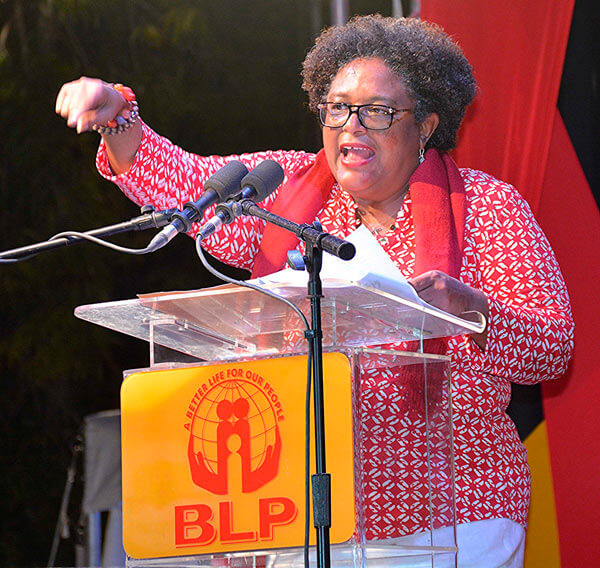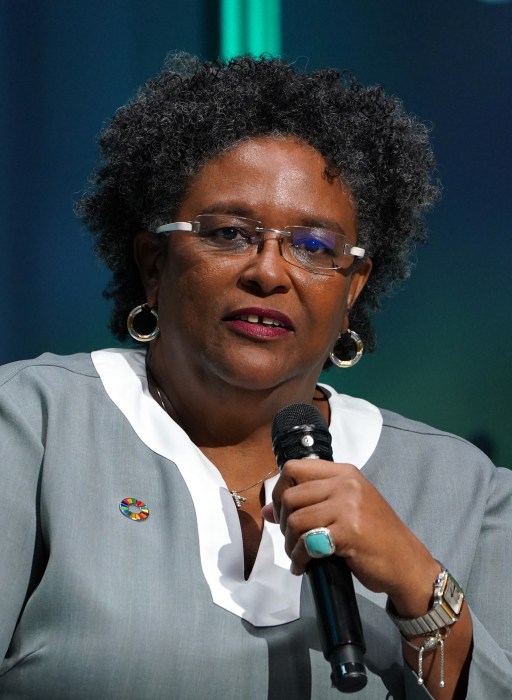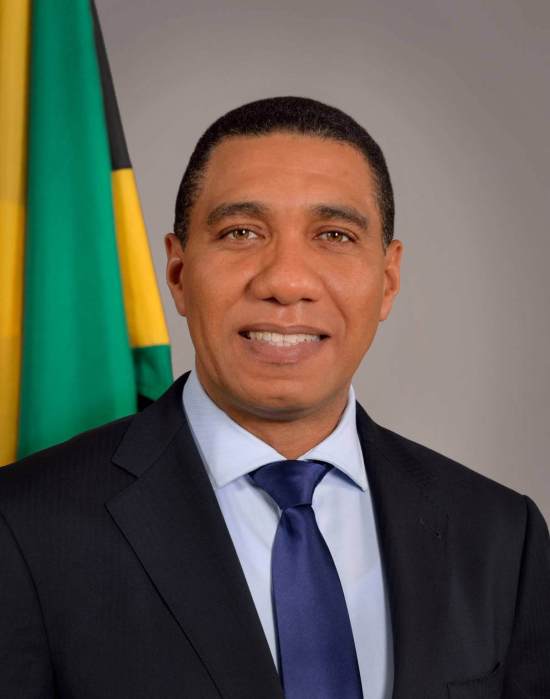With a fiscal deficit way above the internationally accepted benchmark, Barbados bears the heaviest debt burden of Caribbean countries when compared to its level of production of goods and services, according the Caribbean Development Bank.
And this island is not expected to perform much better in 2018 as its gross domestic product is projected to grow the least, by only 0.7 percent, as CDB states, “new inward investment is … planned for Barbados, but uncertainty over the future of economic and fiscal policy during
a general election year is likely to affect investment decisions.”
To be sure, citizens and other residents of Barbados are not alone in this economic hole as the majority of the CDB 19 borrowing member countries (BMCs) are being made to carry high loads of their national debt burdens.
“Debt is still above 60 percent of GDP in 12 BMCs. In addition, following the passage of hurricanes Irma and Maria, it is anticipated that there will be sizeable fiscal and / or debt slippages during the period 2018 to 2019, as reconstruction efforts pick up,” CBD stated in its annual report.
That debt mark of above 60 percent currently suffered by the 12 Caribbean countries puts them beyond the danger sign for developed countries as set by the International Monetary Fund. The IMF has, however, stated that developing countries, such as the economies of most Caribbean states, should not have a debt to GDP ratio beyond 40 percent.
This IMF formula illustrates how deep is the economic hole in which Barbados finds itself with a debt to GDP ratio of 157.1 percent. Though also in a deep debt hole, Jamaica is placed a distant second at the end of last year with a debt to GDP ratio of 113.4 per cent.
The British dependency of Montserrat was the 2017 top performer with a debt to GDP ratio of 6.1 percent. In fact, the other British dependencies of the Turks and Caicos Islands, the Cayman Islands, and British Virgin Islands round off the four territories carrying the lowest debt burden.
Naturally the report on Barbados’ wretched performance and outlook did not go unnoticed by local politicians including Leader of the Opposition Mia Mottley who has said that for CDB to paint such a stark economic picture of the island is remarkable because that regional bank tends to focus on the upside of the economy of its members.
“They like to talk pretty about the people who are members, so they wouldn’t bad talk Barbados,” Mottley said at a political meeting of her Barbados Labour Party.
She continued, “but what they told us is that in spite of the hurricanes in the Caribbean that mashed-up countries in the Caribbean, that the country that is going to perform the worst in the Caribbean is Barbados.”



























